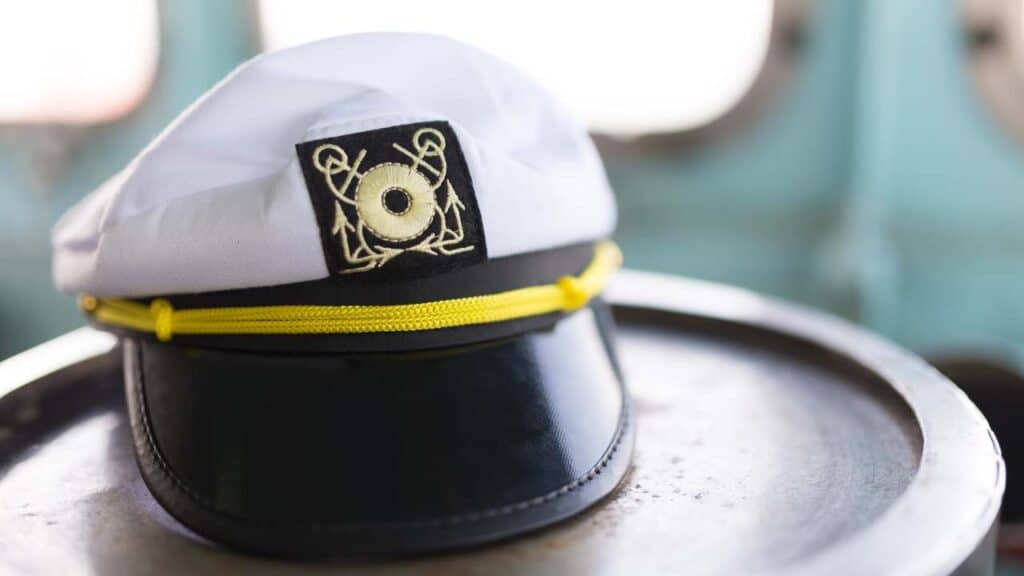When the attack on Pearl Harbor commenced, Doris “Dorie” Miller was on laundry duty aboard the USS West Virginia. At 19, Miller had joined the Navy to escape life in Waco, Texas, and support his family. However, due to segregation policies at the time, African-American sailors like Miller were restricted to non-combat roles such as cooks and stewards, without any weapons training or combat duties.
As the first torpedoes struck, Miller faced a critical decision: adhere to the regulations or defend his ship. He chose to act.
Miller began by rescuing wounded sailors, including his own captain. Amidst the chaos of the attack, he noticed an unattended Browning .50 caliber anti-aircraft machine gun. Defying both segregation and military protocol, he took control of the weapon and fired at the enemy aircraft, despite his lack of formal training. Miller continued to operate the gun until the ammunition was depleted, potentially downing up to six Japanese planes. In the confusion, even Miller wasn’t sure of his impact.
“It wasn't hard,” he recounted after the battle. “I just pulled the trigger, and it worked fine. I had watched others use these guns. I fired for about 15 minutes. I think I might have hit one of those [Japanese] planes. They were diving pretty close.”
Initially, reports of a “Negro messman” hero emerged, but his identity remained unknown. The Pittsburgh Courier, an African-American newspaper, sent a reporter to find the courageous sailor, which took several months.
Once identified, Miller was celebrated across the nation. He appeared on radio shows and gained fame, being recognized by Americans from all walks of life.
In Washington, D.C., Miller’s valor was acknowledged as well. In March 1942, Rep. John Dingell proposed a bill for the president to award Miller the Congressional Medal of Honor, with a similar bill introduced in the Senate by Sen. James Mead. While Miller did not receive the Medal of Honor, he became the first African-American sailor to be awarded the Navy Cross.
“This marks the first time in this conflict that such a high honor has been given in the Pacific Fleet to a member of his race,” said Admiral Chester Nimitz following Miller's decoration.
After a brief period of public appearances promoting war bonds, Miller returned to his Navy duties. In May 1943, he was assigned to the Liscome Bay, an escort carrier. On November 24, during Operation Galvanic, the Liscome Bay was struck by a Japanese torpedo and sank. Of the 644 crew members, 272 survived, but Miller did not.
Dorie Miller's parents learned of his death on December 7, 1943, marking the second anniversary of the Pearl Harbor attack. Miller's sacrifice was honored with several posthumous awards, including the Purple Heart, Asiatic-Pacific Campaign Medal, American Defense Service Medal, Fleet Clasp, and the World War II Victory Medal. Additionally, a frigate and a neighborhood on the U.S. Naval Base in Pearl Harbor are named in his honor.
Though his Navy Cross was never upgraded to the Congressional Medal of Honor, efforts by the Congressional Black Caucus in 2014 sought to waive the statute of limitations to address this.
Miller’s legacy extends beyond medals and memorials. His bravery and willingness to defy unjust rules for a greater cause are immortalized in poet Gwendolyn Brooks' verse, capturing the young sailor’s courage and commitment to doing what was right despite the societal prejudices he faced.
 Skip to content
Skip to content
